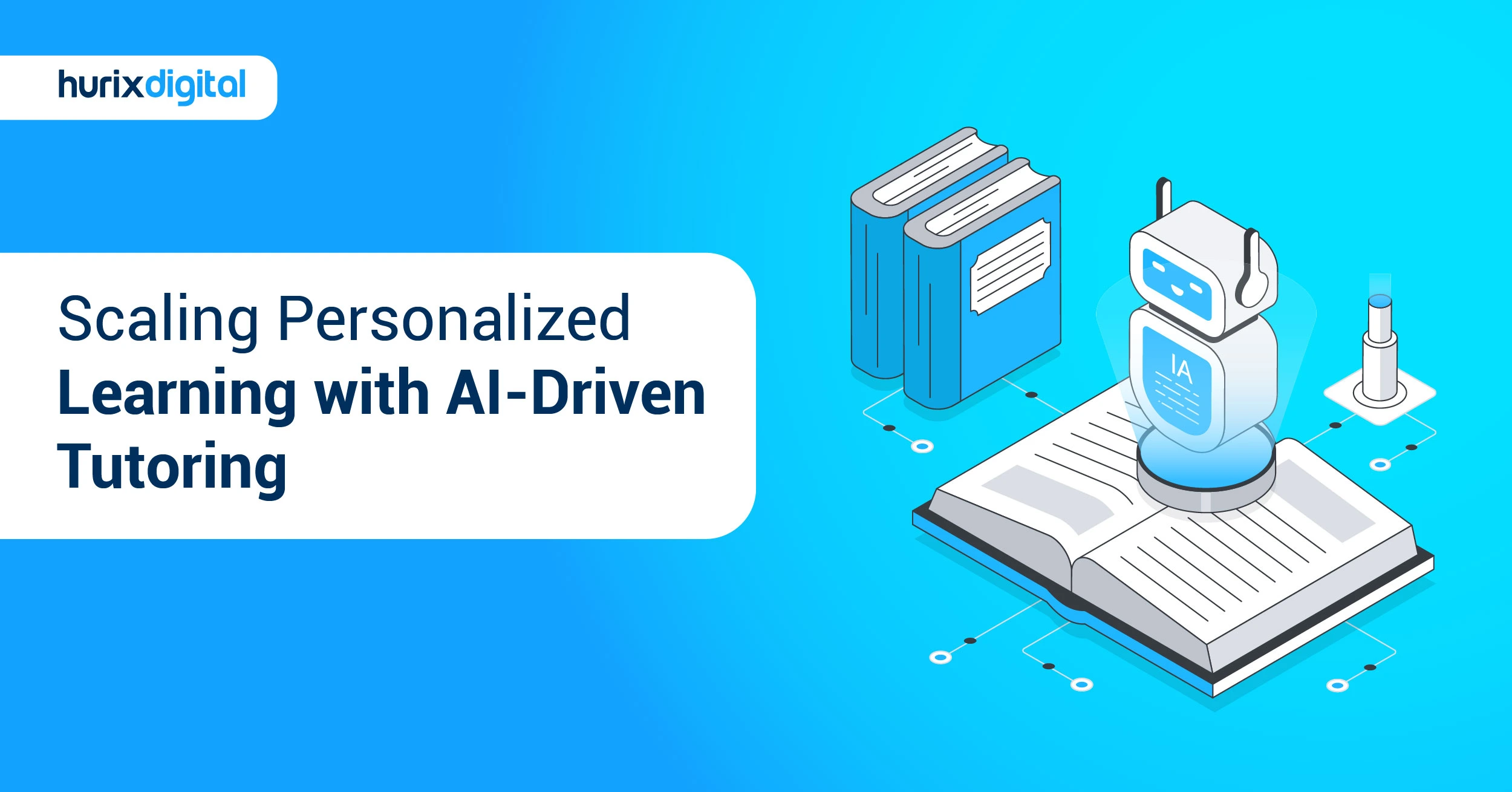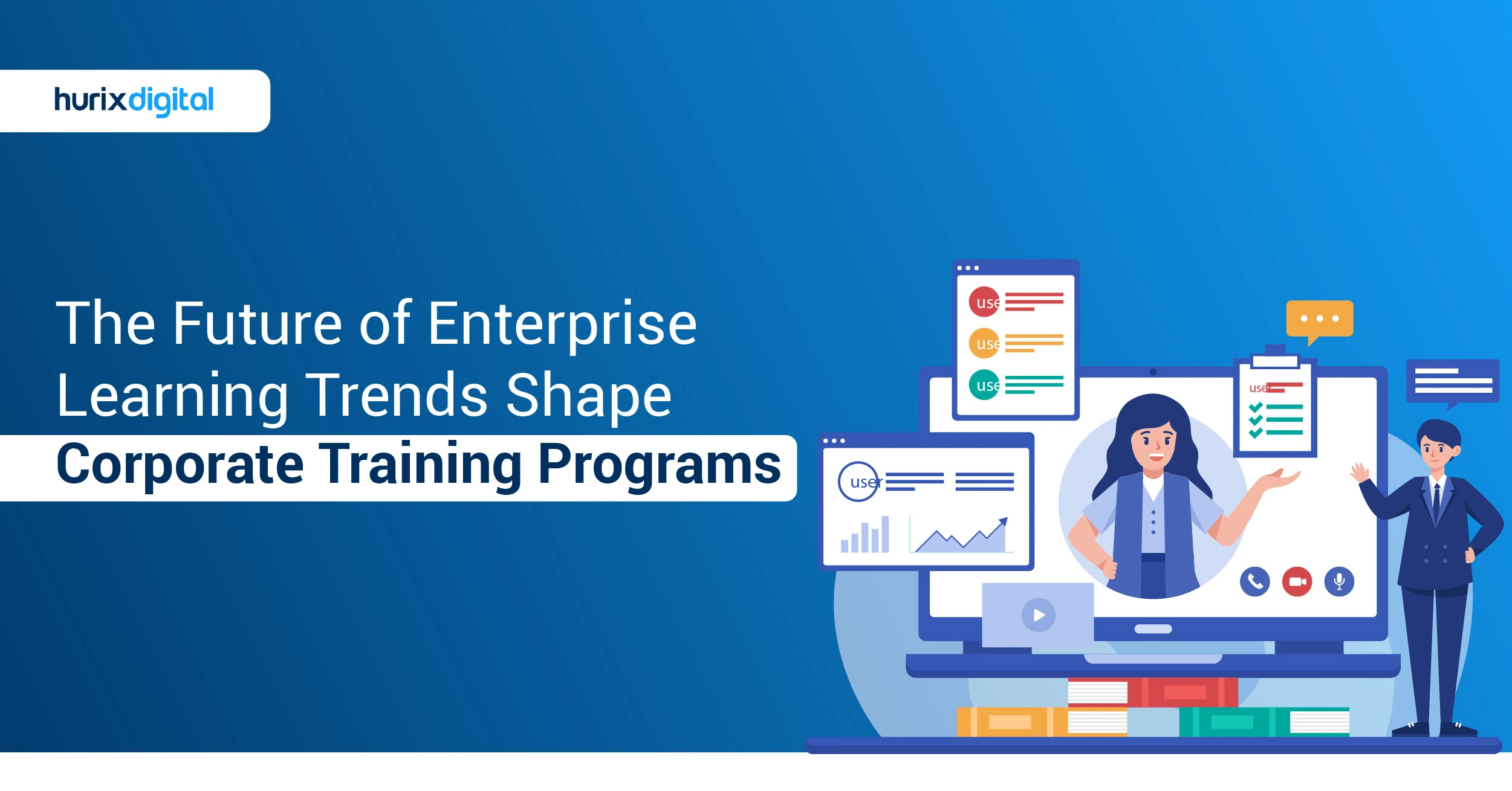
How Can You Use mLearning in Employee Training?
Summarize with:
mLearning took root nearly a decade ago, mainly to support traditional eLearning. However, with the growth of the Internet and the easy availability of smartphones, mLearning has witnessed impressive growth and is today an integral element of any organization’s training program.
Table of Contents:
What is Mobile Learning or mLearning?
As the name suggests, mLearning refers to the training that learners receive on their mobile devices, anywhere and anytime. The mLearning modules are, however, not restricted to mobile devices but can also be accessed by users on the device of their choice, Mobile, be it a laptop, PC, or tablet.
Also Read: 10 Reasons Why You Should Adopt Mobile Learning Apps
Benefits of mLearning
The emergence and maturing of eLearning authoring tools have enabled content developers to create immersive learning experiences that are optimized for consumption on all types of devices. From a support role to a ‘mobile-first’ learning approach, mLearning has come a long way as is evident by the following benefits it provides:
1. Greater Control to the Learners
With mLearning, organizations can design their courses in alignment with the changing expectations of their end-users on how they want to learn. They can also align with the changing composition of the workforce, which now includes millennials. mLearning transfers control from the instructor to the learner, such that they can take the training any time they want, while stationary or on the move, and the device of their choice.
2. Higher Level of Engagement
In a time-challenged world, mLearning allows the packaging of content in the micro-bite format, which makes learning easily digestible. Immersive technologies such as interactive videos, animations, and graphics are used to create the micro-nuggets and these make mLearning more impactful, engaging, and fun.
3. Leads to Better Completion Rates
Contrary to the pull-and-push approach of traditional learning, mLearning creates a learning pathway with several branches, allowing learners to experiment and encouraging them to keep coming back for more. And the fact that learners can revisit and practice concepts leads to better completion rates.
4. Leverages Social Media and Collaborative Tools
mLearning integrates social media and collaborative tools that allow for greater interaction with the outside world. Healthy discussions and interactions add value to the learning experience.
Also Read: MicroLearning vs Mobile Learning – Similarities and Differences
How to Deliver mLearning?
- Podcasts: Employees can listen to micro-learning nuggets during their drive to and back from the office.
- Videos: As just-in-time learning, they can review these videos in between meetings or while waiting for a conference. An example of mLearning content in this context is a checklist to run through before submission to meet process conformance and quality tests. Here are 9 Ways to Create Highly Effective Learning Videos
- Interactive Videos: These can be used to offset forgetting curves. Videos in the form of a quiz or challenge can keep the learners on their toes to refresh their knowledge.
- Simulations and Animations: These allow learners to practice exercises in a safe environment and gain mastery.
How Can You Use mLearning in Employee Training?
mLearning supports all types of formal training including Instructor-led training (ILT) and performance support. In the case of performance support, mLearning is a means to provide condensed capsules of information to employees to help them better perform their jobs. It is also being used to address a wide range of corporate training needs including onboarding, soft-skills training, product training, professional skills enhancement training, leadership training, compliance training, application simulation training, and sales training.
Here are 6 ways you can use mLearning in employee training:
1. Scale Your Employee Learning
It is extremely difficult and both time and resource-consuming to mark a specific time to provide training, more so, when not all employees are present in the office at the same time. mLearning in the form of podcasts is a great way to provide performance support tools and job aids which they can listen to while they are traveling or during a break.
2. Use mLearning to Refresh Concepts
Employees can access decision-making simulations during their coffee breaks or in between meetings to refresh concepts. This is one way you can use mLearning, featuring a bite-size nugget, to facilitate the application of acquired learning.
3. Provide Easy and Timely Access to Information
In a competitive business environment, timing is everything. This is why more senior executives and decision-makers need unrestricted access to a variety of learning tools and resources to make the right decision at the right time. mLearning is a means to provide them with the information they need, neatly packaged in videos and infographics, such that they don’t have to wade through a sea of information looking for what they want to make a timely and accurate decision.
4. Personalize your Learners’ Journey
One of the greatest benefits of mLearning is that it allows you to personalize your learners’ journey. While mLearning content can be accessed on a range of devices, most users prefer their smartphones or tablets since they can carry them around with them. This enables them to learn anywhere and anytime they want. Secondly, interactive content allows learners to come up with their version of a solution which is very empowering. When your employees can define their learning objectives and learn at their own pace, they are more likely to accomplish their learning goals and feel more confident about their abilities.
mLearning also allows personalization in that you can provide them the content in the format they want, whether it is audio/video or a combination of various media types. Learning in the format they are familiar with, on the device they are most comfortable with, and in an environment in which they are completely at home, translates into higher learning outcomes.
5. Keep Up with Current Trends
Information is everything in the modern world. Each day sees the launch of a new gadget or a new way of doing business. Your business has to keep up with the new developments to remain competitive. mLearning is the perfect means to share that information with your employees as soon as it arrives and keep everybody updated on the latest trends in your industry.
6. Make Learning More Interesting
Advanced mLearning integrates artificial learning and big data analytics to identify a person’s interest and then modify the modules to suit individual requirements. Thus, all your learners learn the same thing but in different ways. This makes learning more exciting and motivating.
7. Assess Each Employee Individually
Each employee has individual strengths and weaknesses, which are difficult to identify in physical settings. mLearning allows you to assess each employee individually rather than collectively using automated self-assessment tools. This allows you to mentor them correctly and also allows learners to improve themselves.
Also Read: How mLearning is Changing The eLearning Landscape
In Conclusion
mLearning is the way forward for corporate training as it allows learners to learn at their own pace. Its interactive and responsive elements make learning more entertaining and fun, and the various pathways it incorporates challenge and motivate the learners.
Convinced about the benefits of mLearning? Partner with a mLearning solutions provider with the right eLearning authoring tools to script for you a successful mLearning solution that blends in and adds value to your existing training program.
Summarize with:

 A Space for Thoughtful
A Space for Thoughtful 



